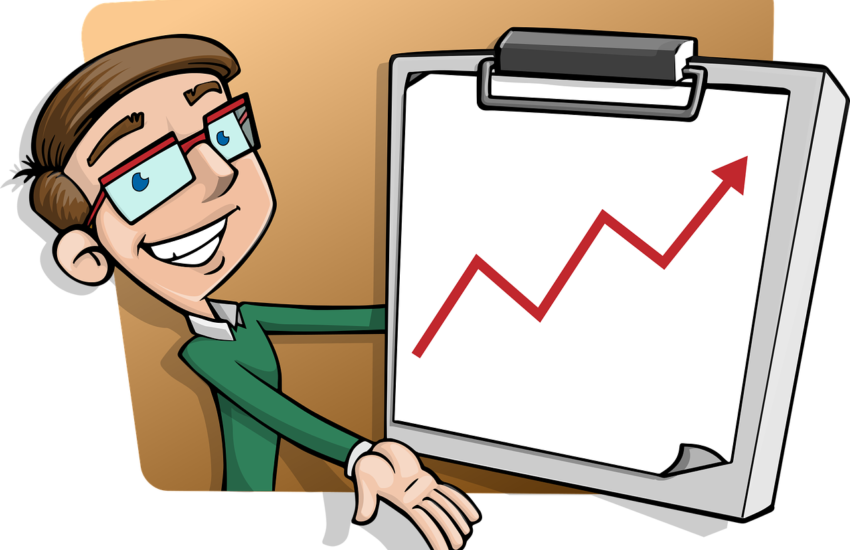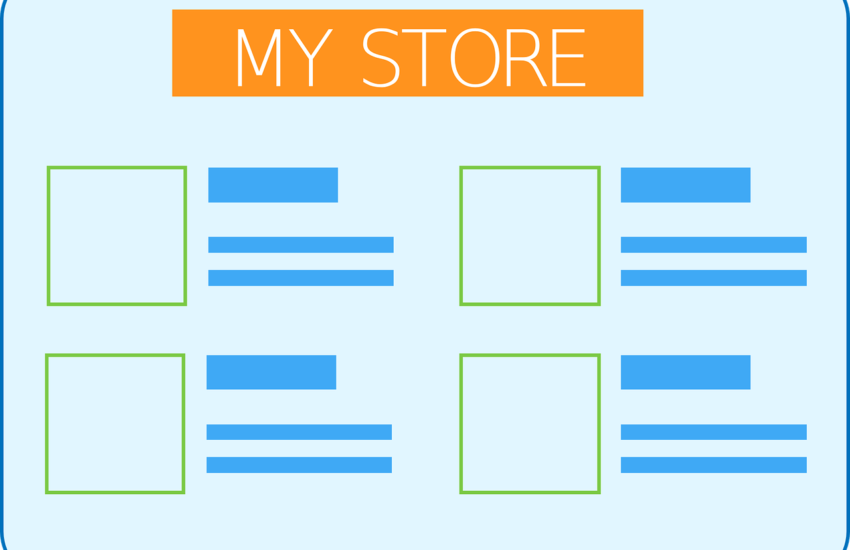After conducting a similar analysis, you will be able to make a final decision on your business project with peace of mind. This will not be an easy task. It will require you to be very objective and distance yourself from your own business idea. First of all, you need to think about the characteristics of your venture – whether they are positive or negative compared to your competitors. He can use as a set of such qualities what he
Continue reading




